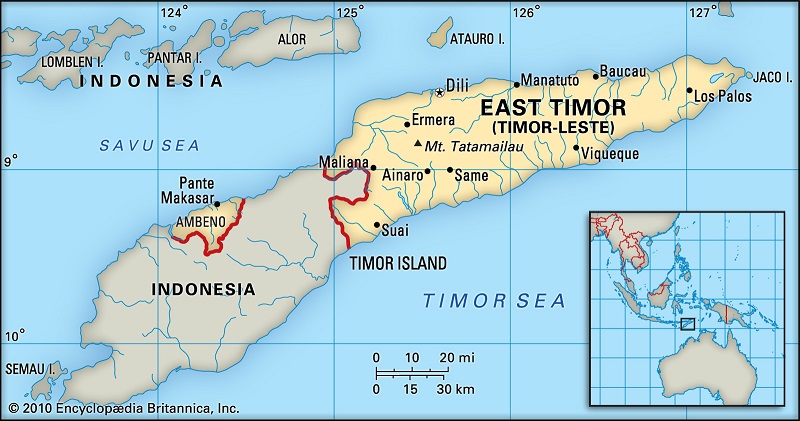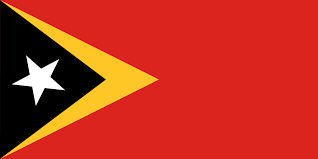Invest in Timor
The Timor-Leste economy is still highly dependent on oil and gas and the Timor Government are currently driving a large economic diversification programme particularly in the tourism, agriculture, fisheries and manufacturing sectors.
 |
 |
|---|
Investment activities of both national and foreign investors are governed by Private Investment Law (2017). The key features of the law include:
• forms of investment
• that all business sectors are open to foreign investment unless reserved for the state (e.g. postal services, public communications, protected natural areas, etc.) or restricted by law
• that there be equal, fair and equitable treatment of foreign and national investors
• guarantee against expropriation and right to transfer of funds
• protection of intellectual property
• a list of special benefits provided to eligible investors (hiring foreign workers, leasing state property, special benefits in defined development zones, tax benefits and customs incentives) and a mechanism for providing and monitoring the special benefits
• disputes settlement mechanism
Tourism
Timor-Leste is very much a new frontier for tourism investors with plenty of potential compared to other south east asian countries and is starting to attract International investors. The government have an ambitious target to attract 200,000 tourists per annum by 2030 and a wide range of opportunities exist including cultural, nature-based ecotourism, and adventure tourism.
Agriculture
A large number of Timorese adults work in the agriculture sector and there is significant potential for greater efficiencies in the production of a number of commodities. These include coffee, rice, corn, beans, carrots, cassava, cinnamon, clove, potatoes, nutmeg, taro, konjac and organic horticulture (fruit, vegetable, cashew, cocoa, coconut oil, and vanilla).
Fisheries
With a coastline of about 735km and an Exclusive Economic Area (EEA) of 72,000 square kilometers, Timor-Leste has rich marine resources and a strong potential to develop the fisheries sector. Opportunities exist to significantly improve the productivity of this sector whilst remaining ecologically sustainable.
Processing Industries
The Government of Timor-Leste supports the development of processing and manufacturing industries. Areas for growth include: food production for the domestic and export markets; construction material including cement, marble and ceramics; and small-scale manufacturing industries of apparel, value-added timber products, salt and mineral water.
